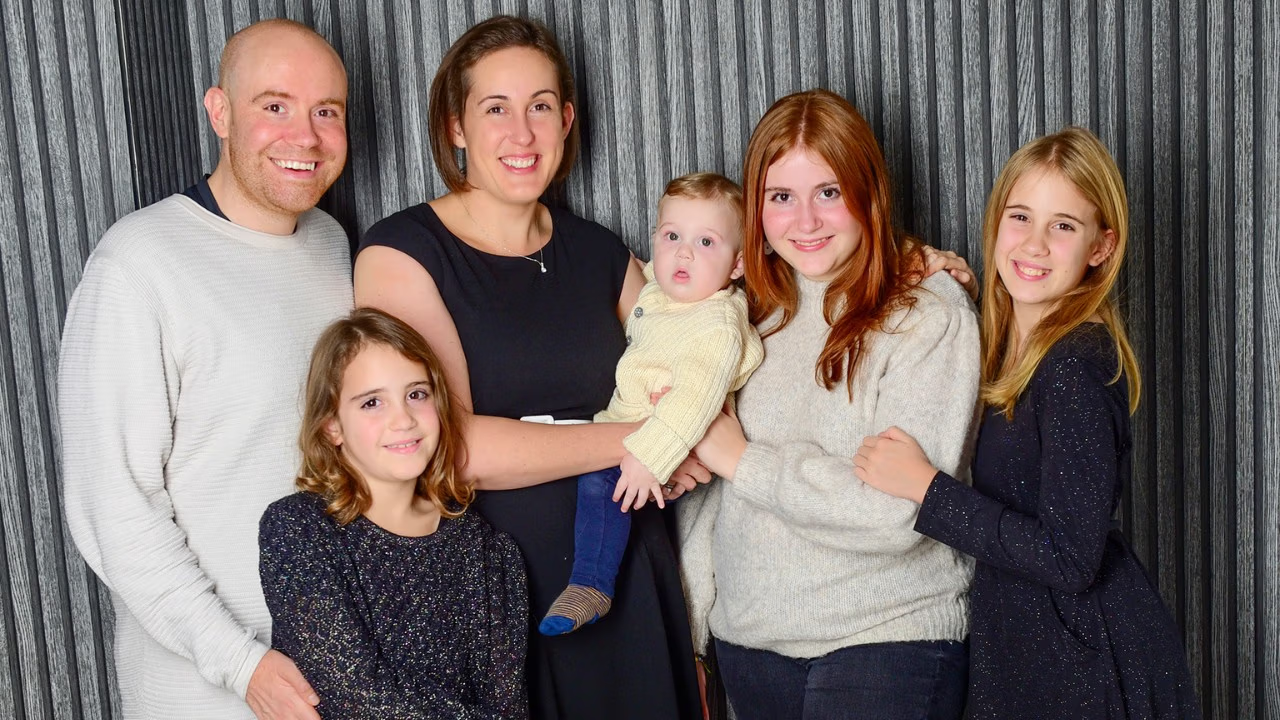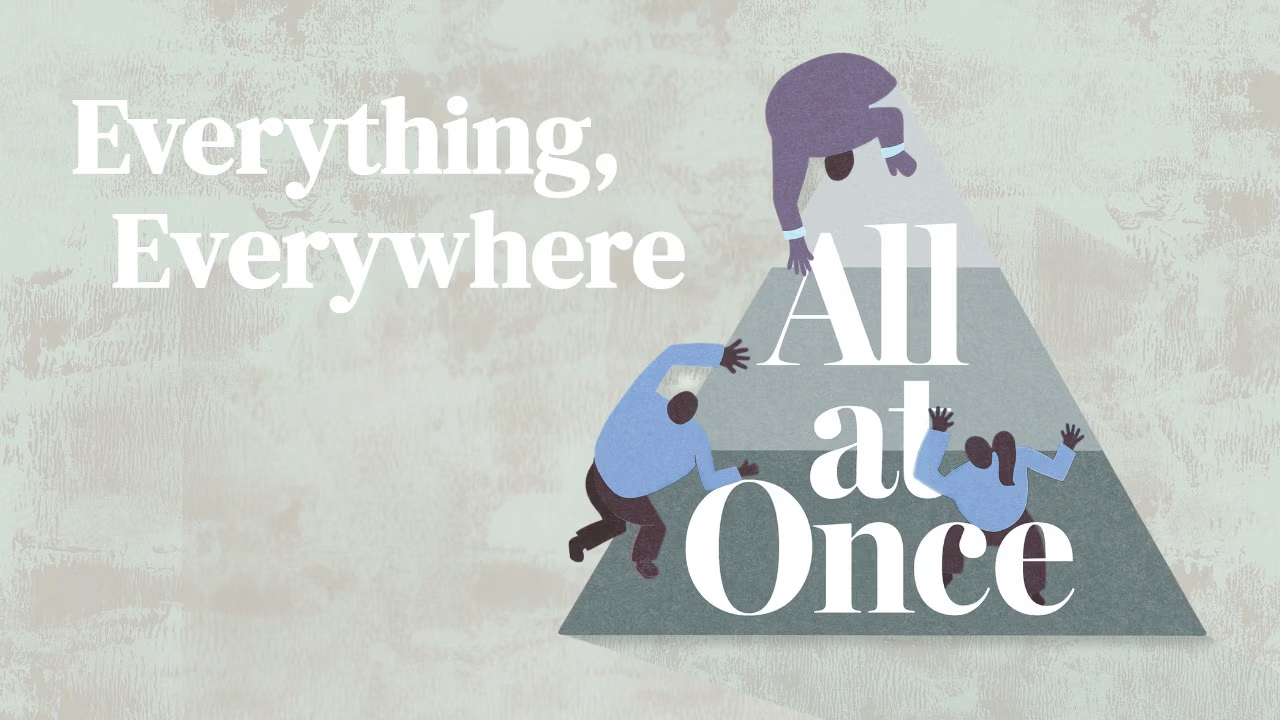By Greg Asimakoupoulos
SEATTLE, WA (November 1, 2012) – November 4, 2008 was a red-letter day for our nation as well as our family. The same day we elected our first black president, my dad lost his lengthy battle with cancer. As millions of Americans exercised their freedom to vote, my pastor-father found freedom from an illness that had held him captive for 14 years.
Although I grieved my dad’s passing, I ached to watch my mom. Her prince charming was no longer there to charm her fears, hold her hand or perform the little things of life. Of all the things my dad did for our family, he overlooked one major detail. He hadn’t prepared my mom for life without him.
While my mom had been a creative mother to two sons, a hands-on pastor’s wife to three congregations, an artistic interior decorator and a gourmet cook, her autumn years found her increasingly dependent on my father. She relied on dad to pay the bills and plan the week’s activities. In her eight decades of life, she never learned how to fill her car with fuel. Dad always did it for her.
Within six months of my dad’s death, it became obvious to my brother, Marc, and me that our mother shouldn’t live alone in the family home. Her chronic grief was fed by a house filled with reminders that called to mind 58 years she had shared with my dad. Her gregarious personality required a context of interacting with others.
Gratefully, we found a retirement community less than a mile from mom’s home. It offered both independent and assisted-living apartments. Mom’s two-bedroom suite on the independent side allowed for a private entrance and covered parking for her car.
In spite of her lingering sorrow, my mother embraced her new living situation with joy. Living up to her name (Star), she soon became a shining personality at Columbia Heights. Leading a nightly sing-a-long after dinner in the lobby or trying out her latest joke on a passersby in the hallway, mom carved out a niche for herself. She successfully discovered a new identity and a place of belonging.
But over the past four years, an uninvited companion known as dementia came to live with my mom. The demands it made of her were heartless. Dementia dictated she repeat herself over and over again. It robbed her of her ability to track with television programs or follow a plot in a book. The invader stole her ability to drive. Further, dementia insisted she play hide-and-seek while it proceeded to conceal her purse, her camera, her reading glasses, her door key and her cane.
I observed her creative attempts to cover for herself when greeted by someone at church. Although she recognized their face, she couldn’t call them by name. Generally, she made a joke to deflect attention away from her memory loss. In time I watched the light in my mom’s eyes begin to fade.
When it became clear that our mom’s fuzzy mind was sabotaging her safety, my brother and I attempted to talk with her about moving into the assisted-living section of the retirement community. She would hear nothing of it.
“I’m not helpless!” she insisted. “I can take care of myself. I know you boys mean well, but I’m not interested.”
But when I observed signs that mom was not eating healthily or bathing regularly or remembering to take her meds, I knew I had to act. The time had come to accept the fact that I was now the parent, and my little mother was now the child.
The night before moving day, my mother threw a tantrum. She yelled at me and through a veil of tears tried to pull rank on me. “You can’t do this. I’m your mother! I’m not moving!”
By morning I’d awaken with a knot in my gut. I felt like a traitor. How could I hurt my mom by forcing something on her that she vehemently opposed? I knew it was in her best interest, but she couldn’t grasp that. I was acting in love, but she was convinced I was robbing her of what little independence she had left.
I did my best to ignore the pain in my heart as I transported her furniture down the hallway. My eyes welled up with tears as my brother and I carried her couch to her new “home.” A microwave oven. A refrigerator. A sink. But no stove. Even though she hadn’t really cooked for herself for a long while, the absence of a stove punctuated the fact that my gifted gourmet mother was finished in the kitchen for good.
While sorting through her things, I came upon a jar of Mom’s spaghetti sauce in the freezer section of her fridge. It was dated June 2008. That was five months before my dad died. It was the last batch she’d made. I swallowed hard as I threw the jar in the garbage. I would never taste my mom’s “world famous” spaghetti sauce again.
By the time moving day was over, I sat in my mom’s new digs and took stock of her reduced space. It was tastefully decorated with furnishings she’d collected through the years. It had the feel of home. I knew she was in a safe place. There were now nurses to check in on her. She would be given a bath and dispensed her meds.
Still, mom shook her head with dismay. “I want to go back to my old apartment! I don’t like it here! Please, Greg, please!”
The pain was nearly unbearable, but I had a sense deep inside that we had done the right thing. My prayer is that her advancing dementia will in time cause her to forget the place from which she’d been moved.
But for now, I pray that the Lord will give my mom the grace to joyfully adjust to her new place. Almost four years to the day I promised my dad on his death bed that Marc and I would take care of mom, we moved her to assisted living. And as painful as it was to take that step, I believe we kept the promise we made to our dad.
Editor’s note: Greg Asimakoupoulos is an Evangelical Covenant Church minister living in suburban Seattle. He and his wife, Wendy, have three grown daughters. Greg is the author of 12 books including his most recent volume, Finding God in It’s a Wonderful Life.













